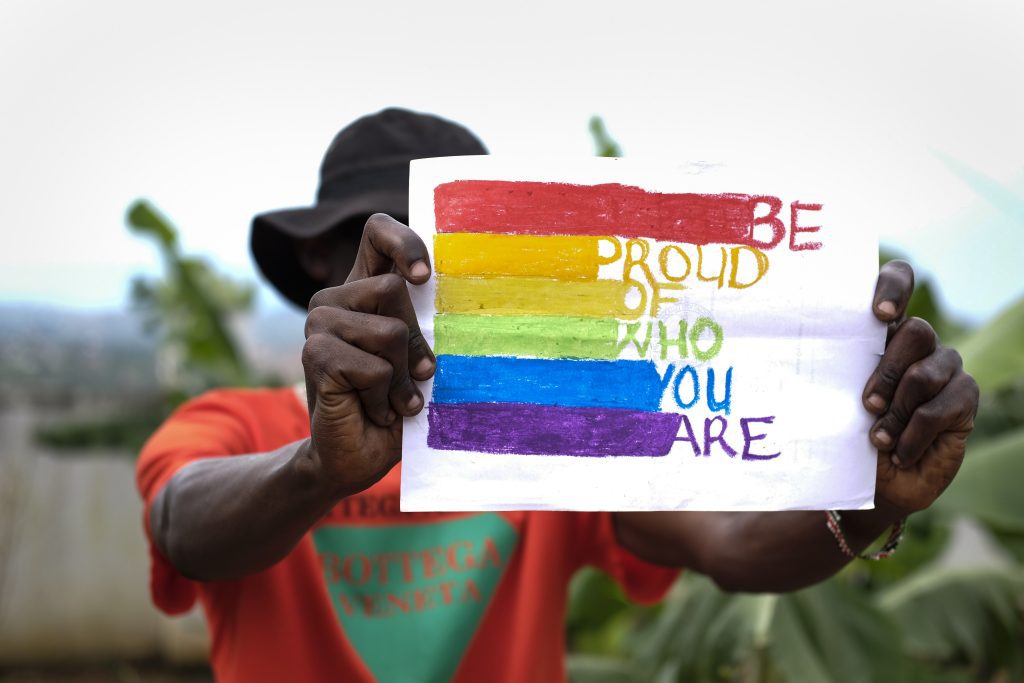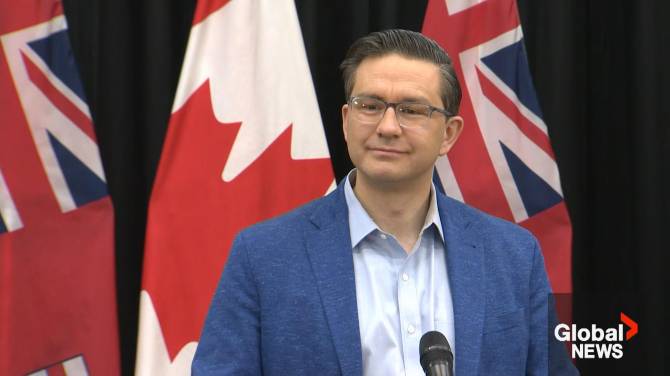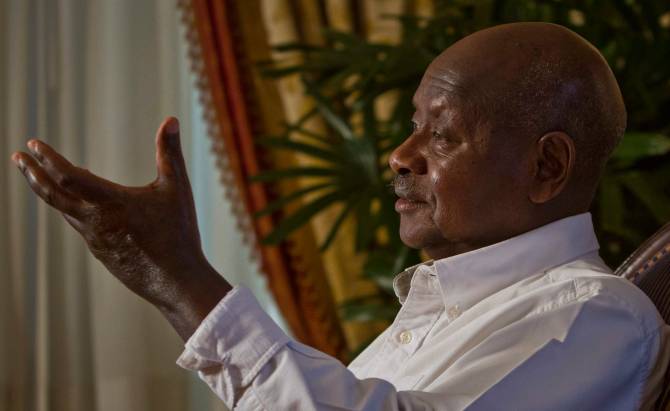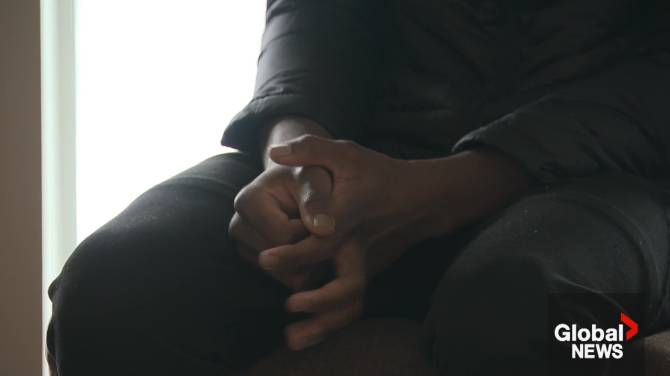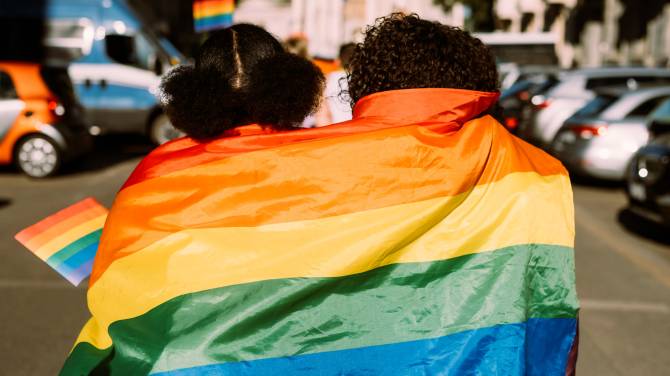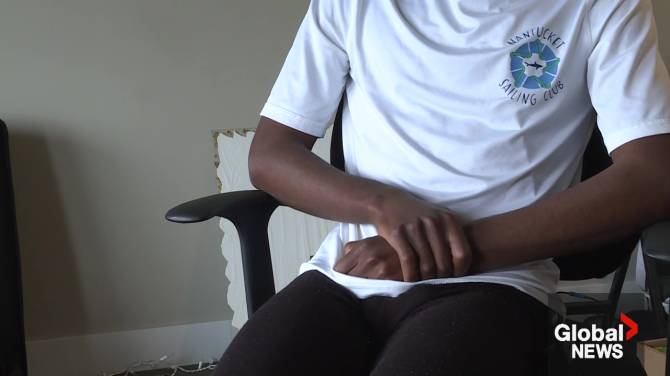Activists are saying that Canada should do more to oppose the rollback of LGBTQ+ rights in other countries and are asking the Liberal government to back up its disapproval of homophobic legislation with concrete measures. Uganda and Ghana.
Steven Kabuye, an activist who was attacked in Uganda earlier this year, says the situation there is extremely serious.
He stated in an interview that his country has essentially made homophobia legal.
He also mentioned that the government has essentially given permission to kill gay people, and he fears for his safety even with the police.
Uganda recently put into effect a law that punishes homosexuality with life imprisonment and the death penalty in cases of “aggravated homosexuality,” which includes having gay sex while being HIV-positive.
The law also calls for up to 20 years in prison for individuals promoting LGBTQ+ rights, and requires landlords to evict anyone suspected of engaging in homosexual acts.
Ghana’s parliament recently passed a draft law that, if approved, would impose ten-year prison sentences for those advocating for LGBTQ+ rights, as well as jail time for any public displays of same-sex romantic relationships.
Furthermore, the bill would require friends of LGBTQ+ individuals to report them to authorities.
A coalition of Canadian groups advocating for LGBTQ+ rights globally believes that Prime Minister Justin Trudeau’s government is not doing enough to push back against these laws.
Doug Kerr, the head of the Dignity Network, expressed frustration that the government has not recognized the urgency of the situation.
He emphasized that now is the time for Canada to provide strong support, as it has the capacity to do so.
A year ago, Trudeau condemned the “despicable” legislation in Uganda and stated that Canada was exploring ways to support LGBTQ+ Ugandans.
Since then, Ottawa has increased its support for LGBTQ+ refugees by giving Rainbow Railroad a larger role in selecting individuals resettled to Canada.
In contrast, the U.S. has taken more decisive action, including issuing visa bans on certain Ugandan politicians, suspending the government’s access to preferential U.S. trade terms, and redirecting HIV funding from the government to grassroots organizations.
Last month, the U.S. also criticized the draft bill in Ghana, emphasizing its potential negative impact on the country’s economy, public health, and human rights reputation.
Kabuye pointed out that these bills are encouraging an environment of impunity for those seeking to harm LGBTQ+ individuals, including a group of Ugandan religious leaders who have been recorded calling for violence against them.
He mentioned that while homophobia existed before, it was not legally sanctioned. Despite facing threats, there was no official support for those who sought to harm LGBTQ+ people.
According to Ugandan police, Kabuye was attacked on January 3rd by two individuals on motorcycles who were targeting his neck. A video filmed after the attack shows Kabuye on the ground in pain with a serious wound to his right arm and a knife lodged in his abdomen.
His flatmate held the knife in Kabuye’s abdomen as they rode a motorcycle to the hospital.
Kabuye leads an advocacy group and claims that the police have not taken his case seriously due to his activism, and have even attempted to persecute him and his flatmate.
He mentioned that the police tried to search their apartment for proof that they had engaged in homosexuality.
Then the police accused his roommate of obstructing the entry to the apartment, and of trying to kill someone because his fingerprints were on the knife.
He claimed that his roommate was placed in a cell with several inmates who attacked him after the police informed them that he was gay. He was released after diplomats expressed concerns about the situation, Kabuye stated.
Kabuye also said he was interrogated by the police right after waking up from surgery. “If I didn’t have colleagues, lawyers and my fellow human-rights defenders around that minute, I would have died in a police cell,” he said.
The Uganda Police Force did not respond when asked to comment on the claims, nor did the country’s high commission in Ottawa.
Kabuye arrived in Toronto earlier this month. He said he came to Canada after feeling increasingly unsafe in both Uganda and Kenya, where he had sought temporary refuge.
He constantly receives threatening messages, he said. And after each media interview, he said police tell his flatmate to “tell Steve that the more he makes a lot of noise, the more he puts your life in danger.”
Kabuye has a Canadian visa for a conference this fall, and is staying in Toronto with the help of local activists until it’s safe to return.
He said he wants Canada to use its influence to impose visa bans and sanctions on politicians spreading hate, along with their children who study in the West.
LGBTQ+ groups are asking for similar interventions in Ghana.
They are looking for other democracies to condemn the legislation and for foreign companies to stop doing business in the country.
Guidelines circulated by groups on the ground urge foreigners to “identify instances when Ghana has been seen as a symbol of hope for democracy in Africa, and how by passing the bill we lose this positive reputation.”
Grassroots organizations tend to caution against foreign governments lecturing their own, to avoid the accusation that they are trying to impose Western values and erase local culture.
But it’s time to act, activists say, because debate around the bill in Ghana has already sparked violence.
The Toronto-based Coalition for Queer Ghanaian Liberation, led by Canadians with roots in Ghana, says Canada should be more vocal and consider sanctions to discourage bigoted policies.
The group fears the draft bill will cause more LGBTQ+ Africans to claim asylum in Canada, at a time when the country is already struggling to house refugees.
Coalition member Ayo Tsalithaba suspects Ottawa doesn’t want to speak out for fear of compromising mining access for Canadian firms operating in Ghana.
“It’s been disappointing to us to not hear anything from the ministry of foreign affairs thus far,” said Tsalithaba. “It sets the foundation for other African countries to follow suit.”
When asked to respond to criticisms, Ghana’s high commission in Ottawa said in a statement this week that the bill is still awaiting Supreme Court review, and the president has said he will “suspend his decision” pending that verdict.
Global Affairs Canada stated that it has communicated multiple times with Uganda in Ottawa and the capital Kampala, including a meeting last week with members of the Ugandan president’s office.
“We are currently evaluating our options for how to respond,” said spokesman Grantly Franklin. “We are dedicated to collaborating with experienced partners to assist communities in situations of vulnerability and persecution.”
Regarding Ghana, the department expresses disappointment about the proposed bill and vaguely indicates that Ottawa will support LGBTQ+ people.
“Since the bill has not yet been approved as law, it would be premature to provide further comments,” Franklin wrote.
Kerr argued that only “a small portion” of Canada’s foreign aid is directed towards human-rights defenders, with most aid programs focused on humanitarian crises or services like schools and hospitals.
“The Trudeau government needs to take real action, including helping to build international pressure and exploring temporary asylum programs for activists,” he said.
“This is how we can make a difference in a way that I believe most Canadians would support.”
— With files from The Associated Press.


